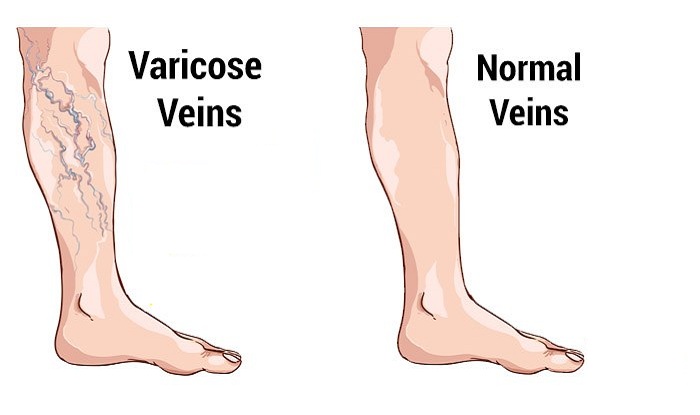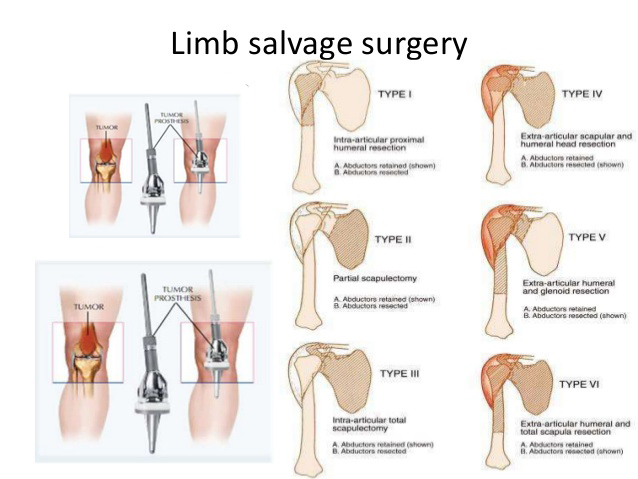Countless men and women struggle to lose weight through traditional methods of diet or exercise. Surgical weight loss provides an effective solution to help severely obese people achieve the healthier weight they have been trying to achieve.
What Is Bariatric Surgery?
Weight loss surgery, known as bariatric surgery, includes a number of different procedures that are performed on the stomach or intestines in order to help a patient lose weight and live a healthier life.
Bariatric surgery is not a cosmetic procedureprimarily aimed at improving appearance, but rather aimed at improving the overall health of a patient. It is an effective solution for patients who have been unsuccessful in their weight-loss efforts or for people struggling with other obesity-related health conditions. Through bariatric surgery, countless men and women have been able to achieve a dramatic weight loss in addition to improvement for many health conditions.

Who Performs Bariatric Surgery?
A board-certified surgeon with advanced training in bariatric procedures should perform bariatric surgery. A doctor who specializes in treating obesity will be better able to help a patient select the type of bariatric surgery that will most benefit their individual health needs and goals. They can also provide long-term support to help a patient maintain their weight-loss and adopt a healthier lifestyle.
What Types of Weight Loss Surgery Are There?
There are several types of bariatric surgery, each unique in process aimed at delivering specific results. The two most commonly used procedures are sleeve gastrectomy and gastric bypass. Both of these procedures are considered extremely effective for delivering sustainable weight-loss and improvement of obesity-related health conditions.
A sleeve gastrectomy, commonly known as a gastric sleeve procedure, is a minimally invasive permanent procedure in which a thin vertical stomach is created by removing a portion of the stomach mass. This smaller stomach pouch causes patients to feel full sooner and stay full longer. The portion of the stomach that is removed is the where the majority of the hunger hormone Ghrelin is produced, helping to reduce a patient’s appetite as well.
A gastric bypassis a procedure in which the stomach is divided into a small upper pouch and a larger remnant pouch. The small pouch is reattached to the small intestine causing food to bypass a section of the digestive track and consequently limiting the amount of food that can be eaten at a time while also suppressing hunger.
Who Qualifies For Bariatric Surgery?
In order to qualify for bariatric surgery a patient must:
- Have a BMI of 40 or greater or be more than 100 pounds overweight
- Have a BMI of 35 or greater and have one or more obesity-related conditions such as type 2 diabetes, heart disease, hypertension, fatty liver disease, sleep apnea, other respiratory disorders, and gastrointestinal disorder, among others.
- Be unable to reach weight loss goals or sustain weight loss for a period time with previous attempts
- Be 18 years of age or older
- Meet other requirements for medical history and current physical condition
What Are The Reasons To Have Bariatric Surgery?
The most obvious reason for considering bariatric surgery is providing patients with an effective solution for losing weight after other methods have not worked. Bariatric surgery can alter a person’s physiological and psychological response to food helping them maintain long-term weight loss. Patients often experience a boost in self-esteem, self-confidence, and self-image
Bariatric surgery has also been shown to help alleviate, improve or even cure obesity-related conditions such as type 2 diabetes, high cholesterol, high blood pressure, heart disease, sleep apnea, metabolic syndrome, gall bladder disease, joint pain, infertility, depression and more.
Are There Risks To Bariatric Surgery?
As with any surgery, there are risks to bariatric surgery. Possible complications can include cardiopulmonary problems, infection, bleeding, vitamin deficiencies, dehydration, and intestinal obstructions. A patient can help to minimize the risk by working with a reputable, experienced and board-certified surgeon and carefully following all instructions provided for before and after the surgery.
Las Vegas Bariatric Weight Loss Surgery
Dr. Bernie Hanna of Las Vegas Bariatrics provides comprehensive bariatric surgery including gastric sleeve and gastric bypass procedures that are safe and effective. In addition to outstanding surgical service, Las Vegas Bariatrics provides the compassionate support and education a person needs to find success in their weight loss journey. For more information on the effectiveness of bariatric surgery or to schedule a consultation with Dr. Hanna, call (702) 384-1160 today.

Carl Clay is a health blog author who has been writing about nutrition, fitness and healthy living for over 10 years. He also loves to run, hike and bike with her wife.












